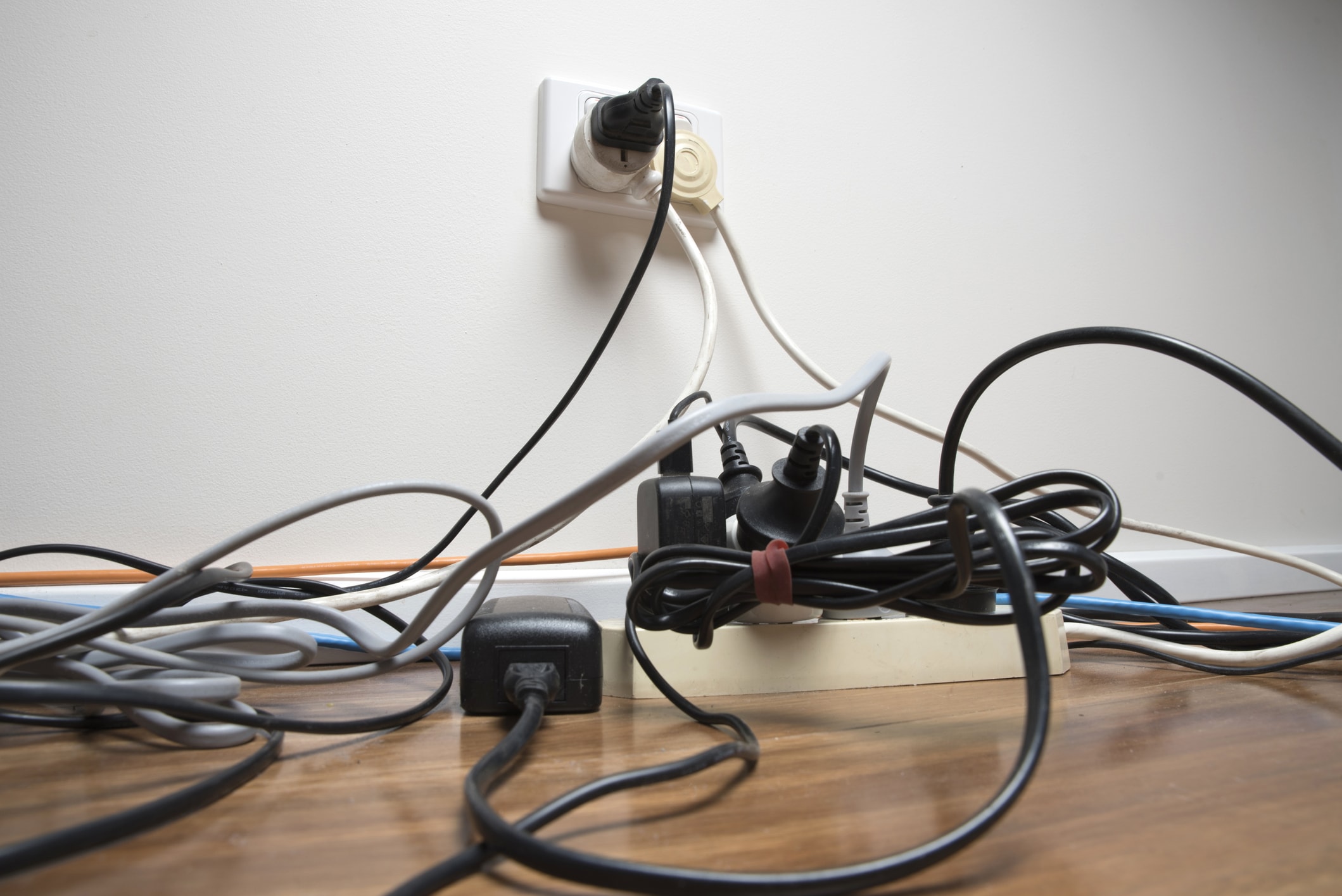
When you own a home, safety should be one of your top priorities. With this you need to be sure you practice proper electrical safety. According to the National Fire Protection Agency (NFPA), approximately 47,820 home fires were answered by fire departments between 2007 and 2011. It’s more important than ever to be sure you know how to keep your home’s electrical system safe and protected.
Install Ground Fault Circuit Interrupters
A ground fault circuit interrupter (GFCI) is a type of safety outlet that you should have installed in your home. You will know you have this type of outlet because it has three prongs instead of two. GFCIs can actually detect issues with the electrical system and shut off the power to that circuit as needed. They should be installed anywhere you have outlets near running water, such as bathrooms, kitchens, and basements.
Be Careful With Cords
The cords you use in your home can also make or break the safety of your electrical system. With extension cords, check the quality of the cord, making sure it has no cracks or exposed wire. Make sure when you plug it in, it is not sitting in any water. You should avoid keeping it plugged in and in use for long stretches of time. Never run them under carpeting in your home. All other cords should be in good condition as well, without damage or fraying.
Look For Signs of Electrical Hazards
There are some signs that you have old electrical wiring that needs to be replaced. For example, you might have lights that keep flickering or dimming on their own. You may also notice that there are sparks coming out of the outlet when you plug something in. Some other warning signs that you need to have the wiring inspected is when the outlets feel hot or if you have frequent blown fuses.
Install New Wiring as Needed
Don’t just assume the electrical system in your home is fine and ignore these warning signs. You need to call an electrician right away. Also call for inspections and possible re-wiring if you have an older home and are not sure about the condition of the wiring. Even if you haven’t noticed the warning signs, it’s still a good idea to upgrade to a new electrical system with brand new wiring.
Don’t Overload the Circuits
Also be careful not to overload the circuits in your home. Only keep appliances and electronics plugged in when you need them. If you are in the living room watching television, you should not have your computer and appliances plugged in in the same area when they aren’t being used. Never plug in a power strip to another one, as this will quickly overload the circuit.
With these simple tips, you will be able to keep your home safe from electrical hazards. But in the event of a fire as a result of an electrical hazard, be sure that your homeowners insurance policy is up to date.